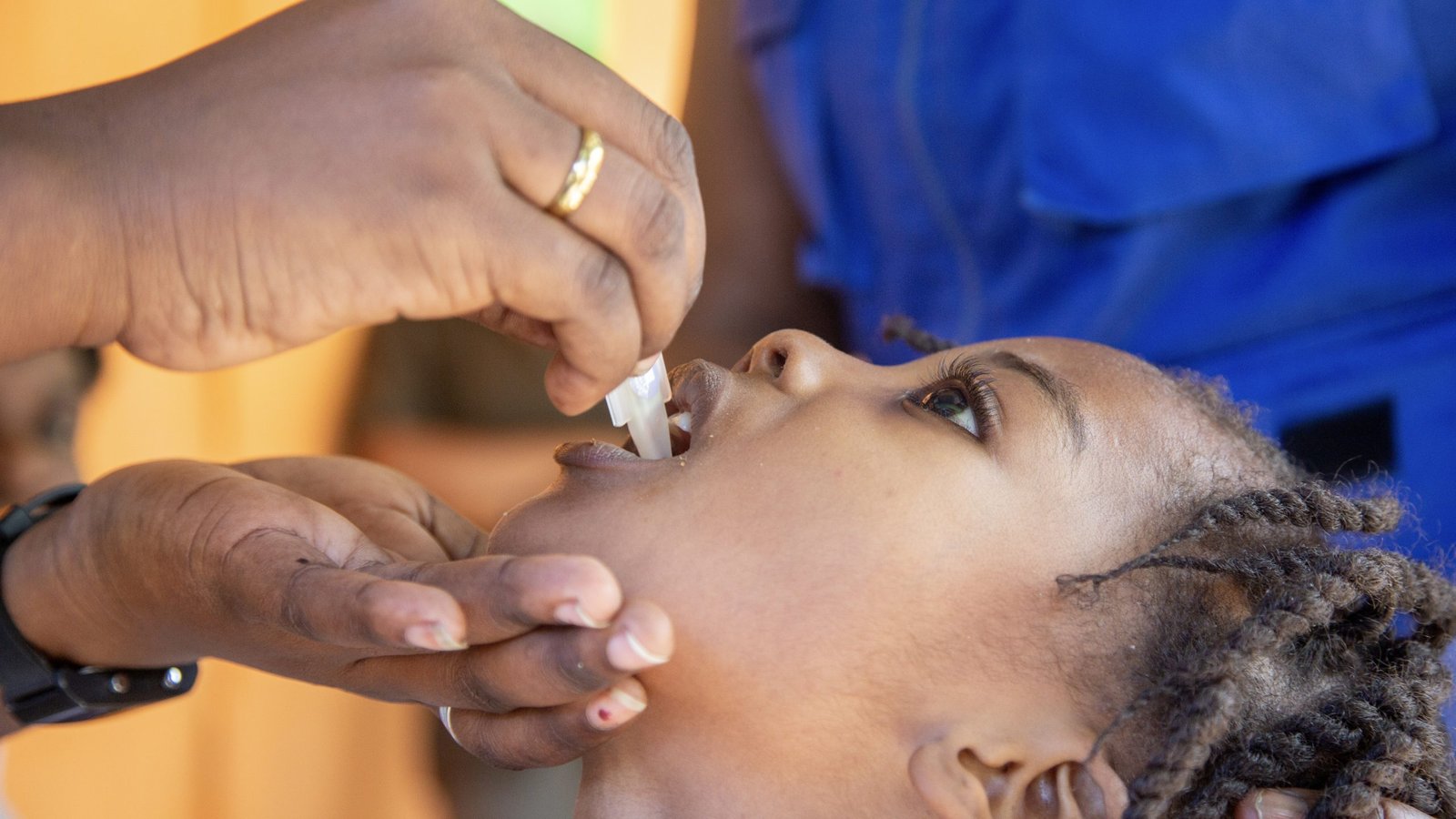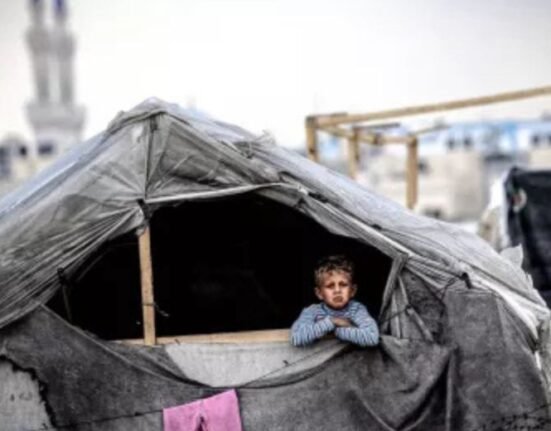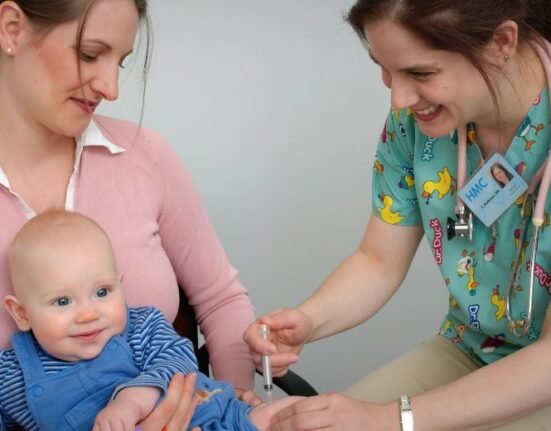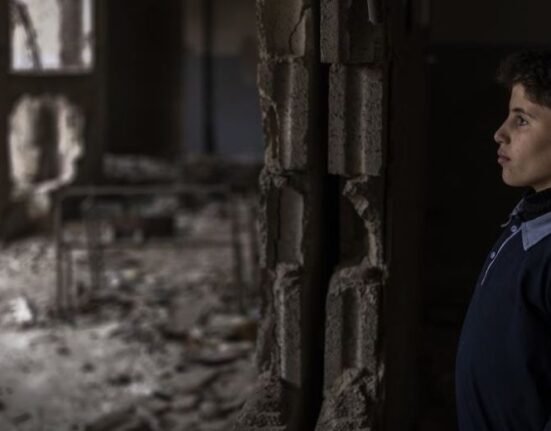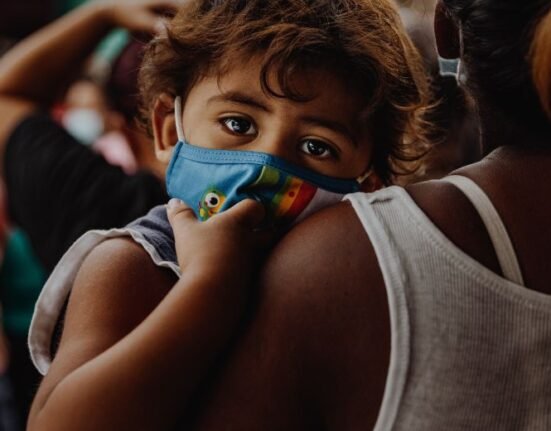HQ Team
May 29, 2025: More than one million children are at risk of contracting cholera in war-torn Sudan, where 185 deaths have occurred due to the disease since January.
About 7,700 cholera cases, including over 1,000 cases in children under the age of five, have been reported in Khartoum, the largest populated region among the 18 states in the country, according to a United Nations Children’s Fund report.
Cholera cases have surged significantly from 90 reported cases per day to 815 reported cases per day between 15 and 25 May — a nine-fold increase over just 10 days.
Jebel Aulia and Khartoum are at the risk of famine and account for 33% of the 307,000 acutely malnourished children.
Severe diarrhoea
An estimated 26,500 of these children suffer from severe acute malnutrition, the deadliest form of malnutrition. For children already weakened by a lack of nutritious food, cholera or any other causes of severe diarrhoea can be fatal if not treated promptly.
The disease outbreak occurs at a time when the Sudanese armed forces, loyal to Gen. Abdel Fattah al-Burhan, are fighting a collection of militias, including the paramilitary forces of the Rapid Support Forces, under the former warlord Gen. Mohamed Hamdan Dagalo, also known as Hemedti.
Both factions are vying for control over the Sudanese state and its resources, leading to confrontations in urban areas, particularly in Khartoum and Darfur.
Since the beginning of the brutal conflict, more than three million people have been forced to flee their homes in Khartoum State, and the violence has upended the lives of millions.
Water shortages
With large parts of the state becoming more accessible, more than 34,000 people have returned to Khartoum State since the beginning of 2025.
Most are returning to damaged homes in areas where basic services – including critical water and sanitation – are largely unavailable. More than one million children are estimated to live in the affected localities across Khartoum State.
Continuous attacks on power plants in Khartoum State over the past month have disrupted the electricity supply and worsened water shortages, significantly impacting access to safe and clean water.
This has forced many families to collect water from unsafe and contaminated sources, increasing the risk of cholera and other deadly waterborne diseases, especially in overcrowded neighbourhoods and displacement sites.
‘Acute malnutrition’
“We are racing against time with our partners to provide basic healthcare, clean water, and good nutrition, among other lifesaving services, to children who are highly vulnerable to deadly diseases and severe acute malnutrition,” said Sheldon Yett, UNICEF Representative for Sudan.
“Each day, more children are exposed to this double threat of cholera and malnutrition, but both are preventable and treatable, if we can reach children in time,” he said.
UNICEF and partners are distributing household water treatment chemicals to curb community transmission, deploying water chlorinators at water points to provide safe drinking water, and mobilising rapid response teams to support water chlorination and conduct disinfection activities.
Plea for more funds
UNICEF is also engaging communities, through dialogues and social media, to disseminate key messaging on the causes, symptoms, and prevention of cholera.
So far this year, UNICEF has delivered about 1.6 million oral cholera vaccines to Sudan and is supporting immunisation campaigns in affected areas.
The UN children’s body appealed for an additional $3.2 million to fund an emergency cholera response in the Khartoum State in the areas of health, water, hygiene, sanitation, and social and behaviour change to curb the spread of the outbreak and prevent loss of life.
Cholera is a bacterial Infection causing severe diarrhoea and dehydration that usually spreads through water. Cholera is fatal if not treated right away.
Symptoms include diarrhoea, dehydration, vomiting and leg cramps. Rarely, shock and seizures may occur in severe cases.


